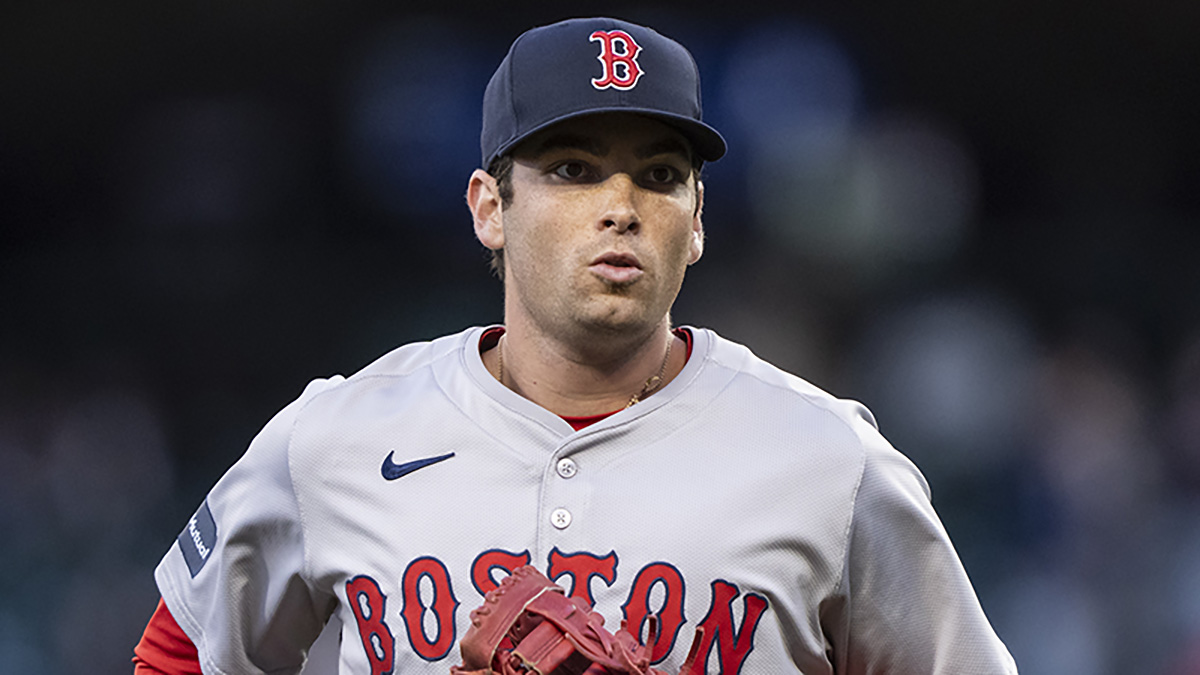
By Sean McAdam
CSNNE.com Red Sox InsiderFollow @sean_mcadam
ARLINGTON, Texas -- Any day now, commissioner Bud Selig will probably point out, with great satifsfaction, that of the final four teams remaining in baseball's postseason, none was ranked higher than ninth in payroll during the regular season.
He'll cite the presence of the Detroit Tigers (10th in payroll) and the Texas Rangers (13th) in the ALCS, and St. Louis (11th) meeting Milwaukee (17th) in the NLCS as proof positive that competitive balance has been restored to baseball.
He may also make a subtle, passing reference to the fact that the top two biggest spenders -- the New York Yankees and Philadelphia Phillies -- were wiped out in their respective Division Series and didn't survive the first round.
And, while he's at it, he could note that the next seven teams on the payroll leaders -- Boston, the Los Angeles Angels of Anaheim, both Chicago teams, the New York Mets, San Francisco Giants and Minnesota Twins -- all failed to even qualify for the postseason.
Later this month, if anyone other than the Cardinals wins the World Series, Selig can point to the fact that baseball will have had seven different champions in the last seven seasons.
Of course, he'll be right on all those points. Hard to argue with the cold, hard facts, and the cold hard facts suggest that the game's revenue sharing plan is working as designed.
Boston Red Sox
There may still be great economic disparity in the game, as evidenced by the 160 million or so gap between the Yankees and Tampa Bay Rays. But big payrolls don't guarantee big results: Just ask the Red Sox.
Though it gets little credit for it, MLB has achieved the parity it long sought.
But that parity comes with a price, and the bill will come due when the national TV ratings are released for the two League Championship Series and, later, the World Series.
Already, the Division Series' numbers were down about 15 percent. And remember: The Yanks and Phils, which typically attract big ratings, were involved.
It didn't seen to help that three of the four Division Series went the maximum number of games (five) and that all three featured terrific contests in Game 5, each one decided by a single run.
If the presence of the Yankees and Phillies, plus highly competitive series' going the distance didn't help, what will?
Certainly not the Brewers, Rangers, Tigers or Cardinals.
All four might be compelling teams. The Brewers are in an LCS for the first time in almost 30 years. The Tigers are in search of their first championship since 1984. The Rangers have never won a title and have established themselves as a powerhouse.
But that's not going to translate into good TV numbers.
And that's where baseball has a major problem. They don't want the same, familiar teams -- Red Sox, Yankees, Phillies -- in the LCS and World Series every year, because people complain that, well, they're the same familiar teams and that's no room for underdogs in baseball.
But when those underdog clubs like the Brewers or Tigers play deep into October, people don't watch. Or, more to the point, not as many watch as when the Sox, Yanks or Phils are involved.
Talk about a conundrum.
If the teams people want to watch keep winning, baseball has to answer for its stacked deck and its over-reliance on a handful of big-market teams. And if less heralded teams go deep into the postseason, the competitive balance narrative improves, but the TV numbers sink as too many fans in big Eastern markets use their clickers to turn to football or other pursuits.
Even Mother Nature seems to be working against MLB. Twice, games pitched by Justin Verlander, the game's most compelling starting pitcher, have been interrupted by rain this month. Twice, games scheduled for prime time have been rained out and moved to afternoon starts, when TV numbers are a fraction of what they would be in prime time.
As baseball gets closer to negotiate new TV deals, it finds itself in a no-win situation: If the most popular teams dominate October (and ratings), the sport has to listen about the uneven playing field. Meanwhile, if some different clubs reach the Series, not enough people are interested.
Talk about a losing battle.
Sean McAdam can be reached at smcadam@comcastsportsnet.com. Follow Sean on Twitter at http:twitter.comsean_mcadam.


